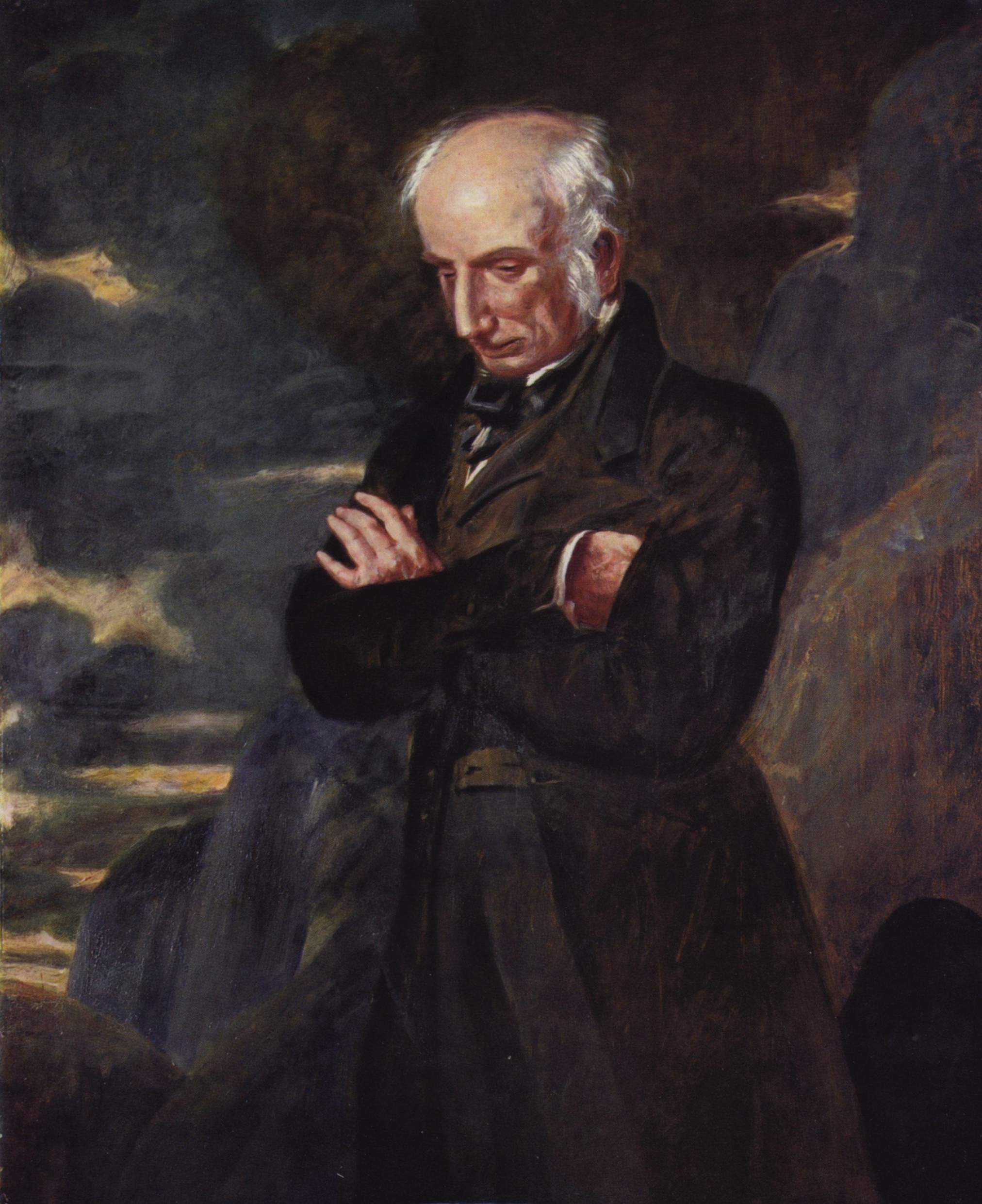

Many hold to the theory that it was in Britain that the romantic movement really started. in the French sense of romanesque, and then, increasingly from the middle of the 18 th c., in the English sense of 'gentle', 'melancholy'. In Germany the word romantisch was used in the 17 th c. It was used in the English form in these latter senses in the 18 th c. In France a distinction was made between romanesque (also derogatory) and romantique (which meant 'tender', 'gentle', 'sentimental' and 'sad'). in Britain and France, 'romance' has acquired the derogatory connotations of fanciful, bizarre, exaggerated, chimerical.

There are early suggestions that it was something new, different, divergent. The terms also signified a 'popular book'. A roman or romant came to be known as an imaginative work and a 'courtly romance'. The work produced was then called romanz, roman, romanzo and romance.

Enromancier, romancar, romanz meant to compose or translate books in the vernacular.

In the Middle Ages 'romance' denoted the new vernacular languages derived from Latin - in contradistinction to Latin itself, which was the language of learning. The word romantic (ism) has a complex and interesting history. In Classic, Romantic and Modern (1961) Barzun cites examples of synonymous usage for romantic which show that it is perhaps the most remarkable example of a term which can mean many things according to personal and individual needs. Lucas counted 11,396 definitions of 'romanticism'. In The Decline and Fall of the Romantic Ideal (1948) F.L. Lovejoy once observed that the word 'romantic' has come to mean so many things that, by itself, it means nothing at all.The variety of its actual and possible meanings and connotations reflect the complexity and multiplicity of European romanticism. Writers: John Dryden, Alexander Pope, Jonathan Swift, Joseph Addison, and Samuel Johnson. In poetry, the heroic couplet was the most popular verse form. As a result, satire and didactic literature flourished, as did the essay, the parody, and the burlesque. Its appeals were to the intellect rather than to the emotions, and it prized wit over imagination. Neoclassicism was characterized by emotional restraint, order, logic, technical precision, balance, elegance of diction, an emphasis of form over content, clarity, dignity, and decorum. Neoclassicism: The dominant literary movement in England during the late seventeenth century and the eighteenth century, which sought to revive the artistic ideals of classical Greece and Rome. English poets: William Wordsworth, Samuel Taylor Coleridge, Lord Byron, Percy Bysshe Shelley, and John Keats American poets: Ralph Waldo Emerson, Nathaniel Hawthorne, Edgar Allen Poe, Henry David Thoreau, Herman Melville, Walt Whitman Any list of particular characteristics of the literature of romanticism includes subjectivity and an emphasis on individualism spontaneity freedom from rules solitary life rather than life in society the beliefs that imagination is superior to reason and devotion to beauty love of and worship of nature and fascination with the past, especially the myths and mysticism of the middle ages. Imagination, emotion, and freedom are certainly the focal points of romanticism. Romanticism: A movement in art and literature in the eighteenth and nineteenth centuries in revolt against the Neoclassicism of the previous centuries.The German poet Friedrich Schlegel, who is given credit for first using the term romantic to describe literature, defined it as "literature depicting emotional matter in an imaginative form." This is as accurate a general definition as can be accomplished, although Victor Hugo's phrase "liberalism in literature" is also apt. The following definitions include the citation to their respective sources. The following definitions are pulled from literary contexts and for the purposes of this web site are merely a jumping point for further discussion. Please keep in mind that the term "Romanticism" has been used in varying contexts and has come to mean different things to different people. The following are a few definitions of Romanticism and related terms that I have found to be very helpful.


 0 kommentar(er)
0 kommentar(er)
